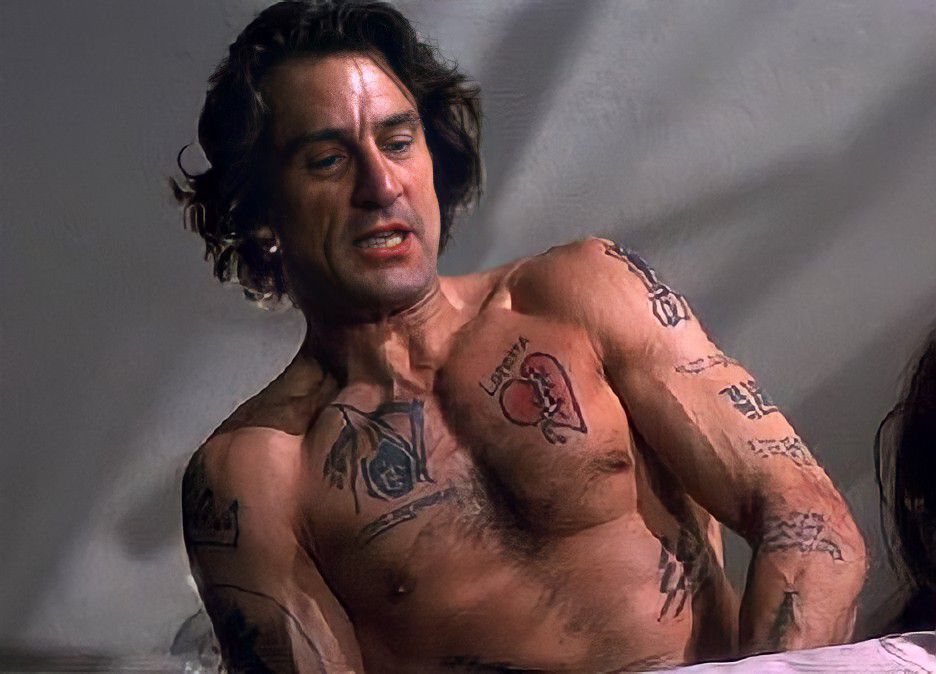As Netflix is continuously piling its figurative shelves with reams of original projects, it’s worth reminding ourselves that they started out by sharing some of the greatest Hollywood titles ever made. So, with Netflix Flashback, we’re looking back at some of the platform’s classic films and reminding ourselves just how great they are. Next up, is Martin Scorsese’s unhinged classic Cape Fear, starring Robert DeNiro. Juliette Lewis, Gregory Peck and Jessica Lange, that has aged like fine wine.
Cape Fear was originally supposed to be a Steven Spielberg production. However, appalled by the violence, the film became an auteurist swap when Spielberg handed it over to Scorsese and went on to direct Schindler’s List. While it was perhaps one of Spielberg’s best decisions, Scorsese, fresh off the success of Goodfellas, got to work with his long-time muse DeNiro in their seventh collaboration. Although Cape Fear did not manage to attain the success of its predecessor, it was one of Scorsese’s highest-grossing films where the filmmaker employed the Hitchcockian ways of using unique lighting, editing and camera angles to make the premise more foreboding and sinister.
In this smart and well-crafted flick, Robert DeNiro is buff and sleazy as the psychopathic Max Cady, a convicted rapist who uses his intelligence and knowledge of the law to his advantage to avenge his imprisonment. He blames the system and the public defender, Sam Bowden, for concealing proof that would have secured his acquittal. Violent and gruesome, he decides to exact revenge by terrorising Bowden and his family.
DeNiro’s unhinged and chaotic performance is unbelievably terrifying and of optimum shock value. From the gruesome crimes to the final showdown on the boat, DeNiro’s character study is immaculate. Scorsese’s ingenuity helps add a new dimension to the film that had been adapted from its 1962 eponymous predecessor. Although the Raging Bull and Taxi Driver director had rejected the film twice, he finally came around to direct this insidious psychological spiral into madness and violence. Wesley Strick’s sinfully violent screenplay somehow resonated well with Scorsese’s creativity and the confluence of it managed to bring out a brilliant, myopic characterisation of an obsessive psychopath with a magnetic personality.
Besides the showdown, DeNiro’s brilliance showed in scenes where he successfully managed to manipulate the Bowden daughter against her father, drawing her into a web of lies and lust to avenge himself. From Travis Bickle to Rupert Pupkin, DeNiro has never failed to paint the picture of a pathetic antihero who, when unleashed, is fearful and horrifying. As Cady, he is tenfold obsessive, ominous and loathsome. He hides within himself the power to manipulate one’s moral compass and successfully make them descend into frenzy and paranoia.
The film’s harrowingly melodramatic brilliance is accentuated by Scorsese’s daring and provocative direction and DeNiro’s revulsive brutality and unnerving sickly charm that makes it a chilling and alarming watch, even thirty years later.
